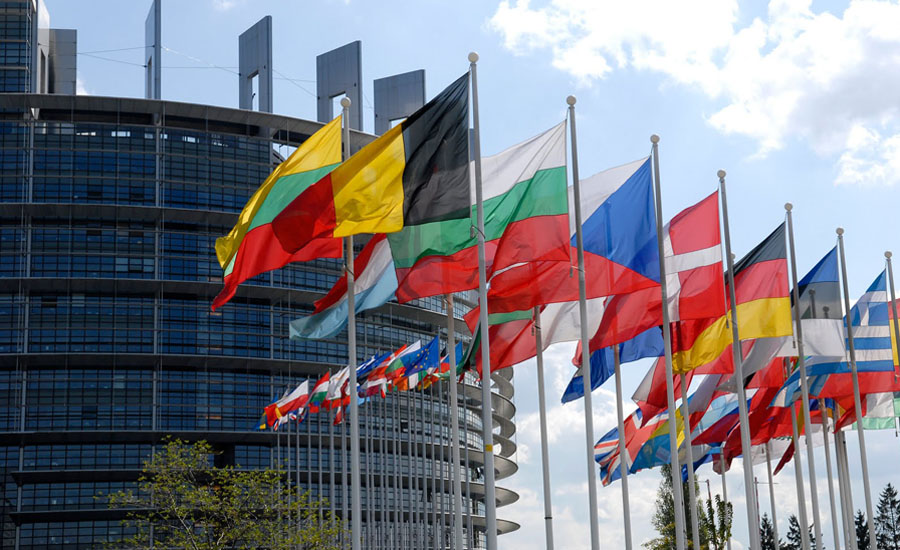The high cost of occupational cancers in Europe

Work-related cancers in member countries of the European Union (EU) annualy cost between €270 and €610 billion– or $318- $719 billion in U.S. dollars. That cost, which was tallied in a study released by the European Trade Union Institute (ETUI) this week, represents 1.8% to 4.1% of the gross domestic product of the EU.
The study was presented at the ‘Work and Cancer’ conference held in Brussels.
The reason these amounts are so high is because they take all costs into account: direct costs for Member States’ health systems (related to medical treatment), indirect costs for workers and employers (associated with monetary losses due to the cessation of work) and human costs for the victims (impact on the quality of life of workers and their families).
‘With more than 100 000 deaths per year, occupational cancers are the leading cause of death in the EU. This study shows that the societal cost of work-related cancers is tremendous. It is the workers and their families who shoulder the largest share of the costs. This unjust situation is socially and economically unacceptable, and the EU must take action to put an end to these preventable cancers,’ commented Tony Musu, an expert in chemical risks at the ETUI.
The difference between the high and low estimates is explained by the fact that the costs have been calculated based on various projections on the percentage of all cases of cancer attributable to work.
The consultants Risk & Policy Analysts and FoBIG were commissioned by the ETUI to conduct the study. These two firms specialising in chemical risk assessment have examined the exposure of workers to 25 carcinogenic agents or work situations (e.g. asbestos, benzene, silica, night work or shift work, diesel engine emissions).
Looking for a reprint of this article?
From high-res PDFs to custom plaques, order your copy today!







